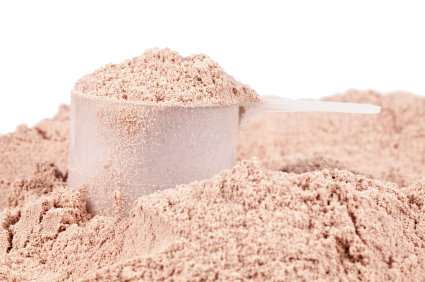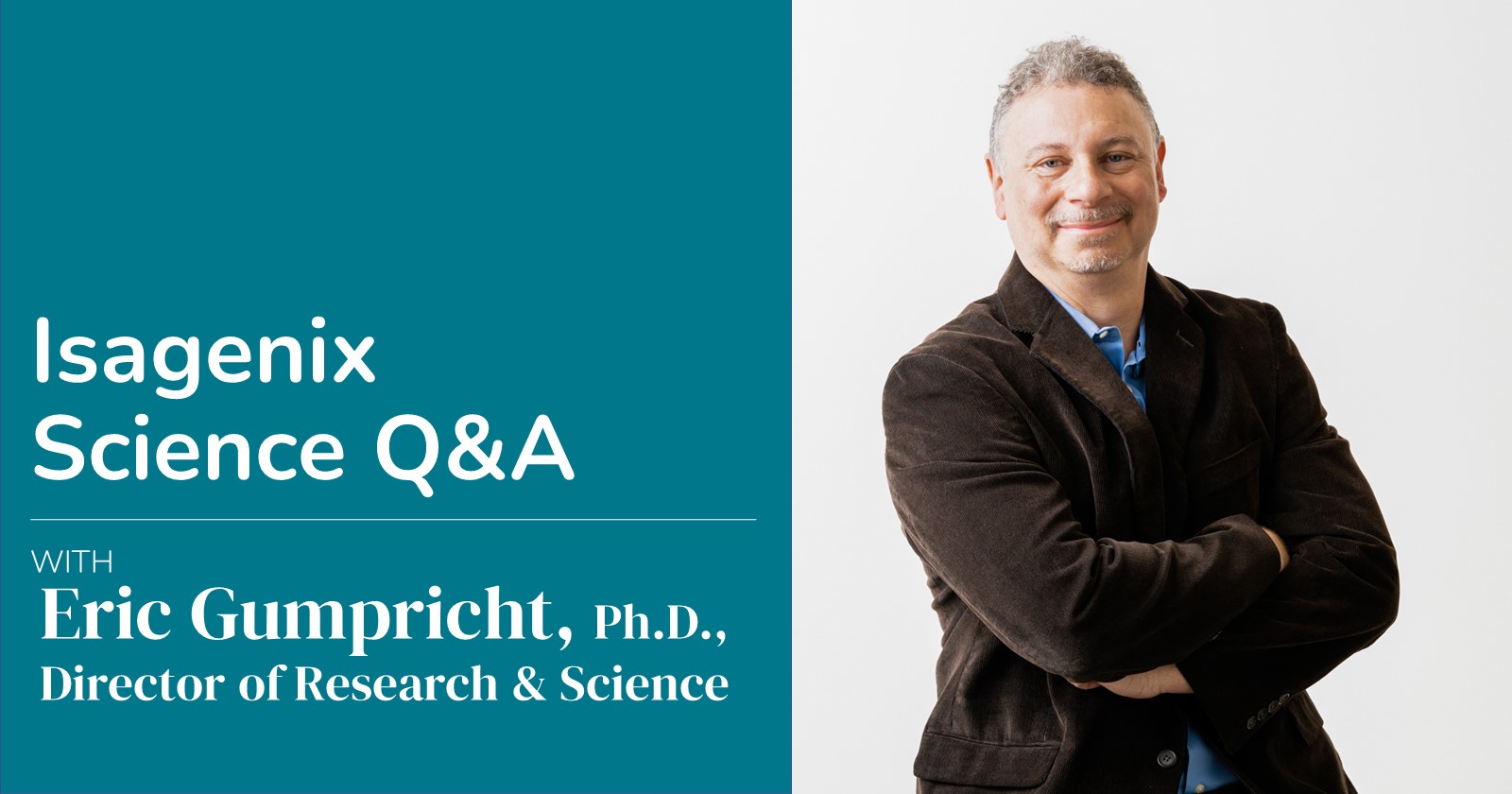What protects your cells from oxidative damage better than vitamin C, vitamin E, beta-carotene, lycopene, or any other antioxidant currently on the market?
The answer is glutathione. This slasher of pro-oxidants and quencher of free radicals is actually made by your cells, for your cells. The glutathione redox system is an antioxidant powerhouse within the body, and consuming certain foods such as whey protein boosts your glutathione levels, and in doing so may preserve your health and delay the onset of old cellular age.
The key to life is sustaining function while efficiently tackling the onslaught of toxins that overwhelm the body. Glutathione is integral in this oxidative balance, as it protects against dangerous oxidative species clamoring to break through the cell’s defenses and is responsible for the renewal of other antioxidant agents. Glutathione is queen in the battle for health and longevity—a protector we must protect. Losing the queen could mean you’re losing the battle.
Biological aging is the result of cellular decline now understood to be due to a combination of oxidative stress and telomere shortening. The health of the cell serves as a junction between biological, cellular, and functional aging. Glutathione wards off damage to cells that, according to the recent scientific literature, accompanies the dysfunction of telomeres and mitochondria that develops over time.
In addition to environmental, dietary, and psychological stressors that wreak havoc on cells, byproducts of metabolism that are essential to sustain life will also break our bodies down. With living comes aging and the human condition exists in a Catch 22 of sorts.
Glutathione synthesis rapidly decreases as we age. Researchers have found that the elderly have about 50 percent less glutathione in their cells than younger, height- and weight-matched controls (2). Low glutathione levels are not just linked to aging, but also to higher levels of oxidative damage and lower levels of intracellular antioxidants, which are commonly found in aged individuals (3). Glutathione’s actual involvement in the aging process and relationship with chronic disease is unclear. According to researchers, however, glutathione may be the best indicator of functional age.
Synthesized from three different amino acids, glutathione is a tri-peptide. Since it is made by the cell, it would make sense to believe that rate of synthesis is regulated by cells. Fortunately, this is not the case, or at least it is up for debate. Glutathione naturally decreases with age—but so will muscle, collagen, and maybe even cognition. Your antioxidant systems will degrade, and your cells will have a harder time processing toxic loads, unless you enable their defenses. The human body is remarkable in its ability to accept, adapt, and to renew (take advantage!).
Branching out beyond the branched chain amino acids, whey protein is also the best source of the sulfur containing the amino acid cysteine (1). Cysteine, in conjunction with glycine and glutamic acid, are the building blocks for intracellular glutathione. With more cysteine than any other plant and animal protein, undenatured whey protein brings the resources to counter-balance the compression of aging on cell protection.
To illustrate adaptability, older people supplementing with cysteine and glycine increased their rate of glutathione synthesis by 230 percent (2). After just two weeks of supplementing with the glutathione precursors, the subjects obtained an antioxidant status on par with a younger crowd. While these men and women supplemented with individual amino acids, some research suggests that whey protein may actually be a more effective stimulus for dosing up on glutathione (1).
Unfortunately, no one can take candles off their birthday cake, but biological age doesn’t have to have such a fixed rate. The Free Radical Theory of Aging suggests just that—oxidants, radicals, and toxins debilitate cells and deprive us of our youth. Promoting glutathione production is a direct way to reduce the oxidative duress put on cells. Being the sum of our parts, preserving our cellular age should be a key focus for turning back the clock.
References
- Bounous G and P Gold. The biological activity of undenatured dietary whey proteins: role of glutathione. Clin Invest Med Volume 1991;14:296-309.
- Sekhar R et al. Deficient synthesis of glutathione underlies oxidative stress in aging can be corrected by dietary cysteine and glycine supplementation. Am J Clni Nutr 2011; 1-7.
- Kharb S et al. Glutation levels in health and sickness. Indian J Med Sci 2000;54:52-4.





